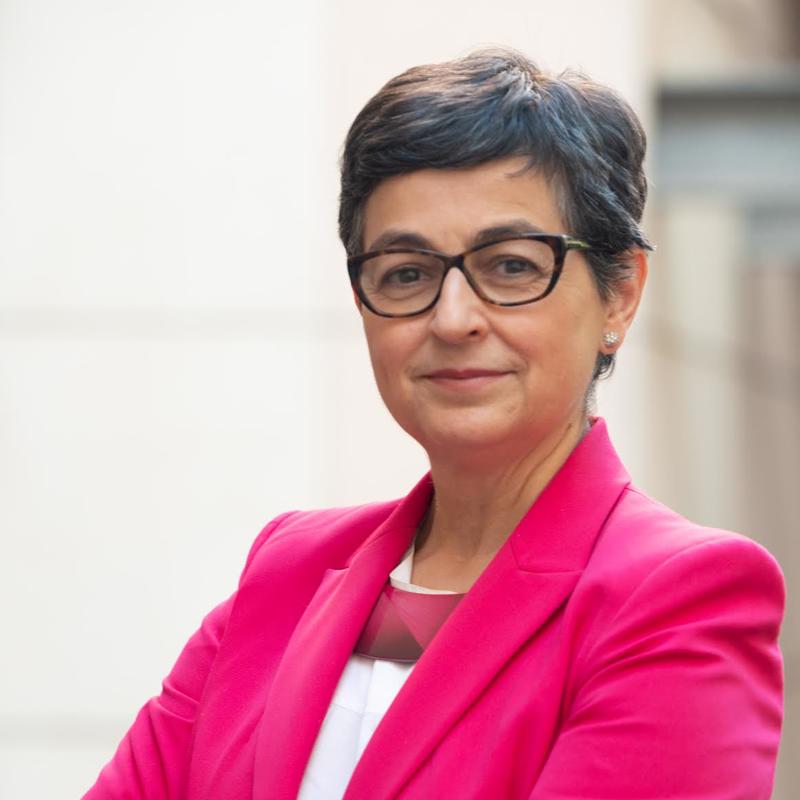[INTERVIEW] “Digital Sovereignty : International tensions” with Arancha González
This series of interviews was recorded as part of the the Annual Conference of the Digital, Governance and Sovereignty Chair which took place on the 6th December 2023 on the theme of “Digital Sovereignty and Geopolitical Crisis“.
While the notion of “digital sovereignty” is mostly used in Europe as a synonym for the concept of “strategic autonomy”, as coined by the European Union, it is also used, outside Europe, to refer to strategies aimed at regaining control of the global network. In fact, since the beginning of the 2000s, China and Russia have been trying to build a so-called “sovereign Internet” both at the lower layers (servers, protocols) and upper layers (social networks, messaging services) of the Internet. In light of these two examples, can we fear, as is often the case across the Atlantic, that the concept of “digital sovereignty” risks legitimizing shifts toward digital authoritarianism?
The conference approached the notion of digital sovereignty in a renewed, global perspective, including a discussion of the digital and cyber features of the Ukraine war and the current technological confrontation between China and the United States.
In this interview, Arancha González, Dean of the Paris School of International Affairs (PSIA), discusses the international tensions related to the concept of digital sovereignty.

Arancha González, is the Dean of the Paris School of International Affairs (PSIA). Prior to joining PSIA, Ms González served as Spain’s Minister of Foreign Affairs, European Union and Cooperation (2020-2021). She previously was Assistant-Secretary-General of the United Nations and Executive Director of the International Trade Centre (2013-2020). Between 2005 and 2013 she served as Chief of Staff to the Director-General of the World Trade Organization, Pascal Lamy. Before that she held senior positions at the European Commission in the areas of international trade and development.

